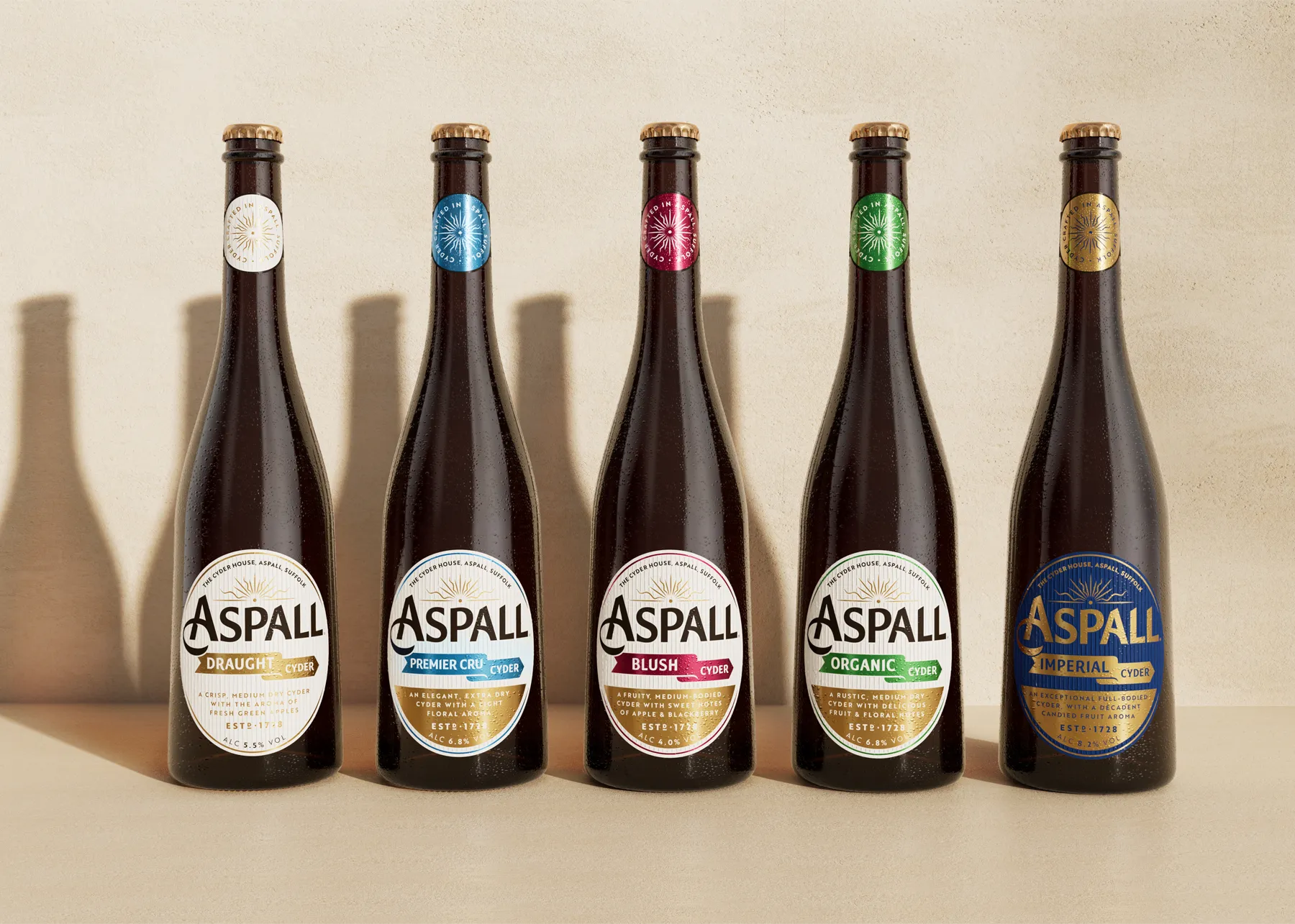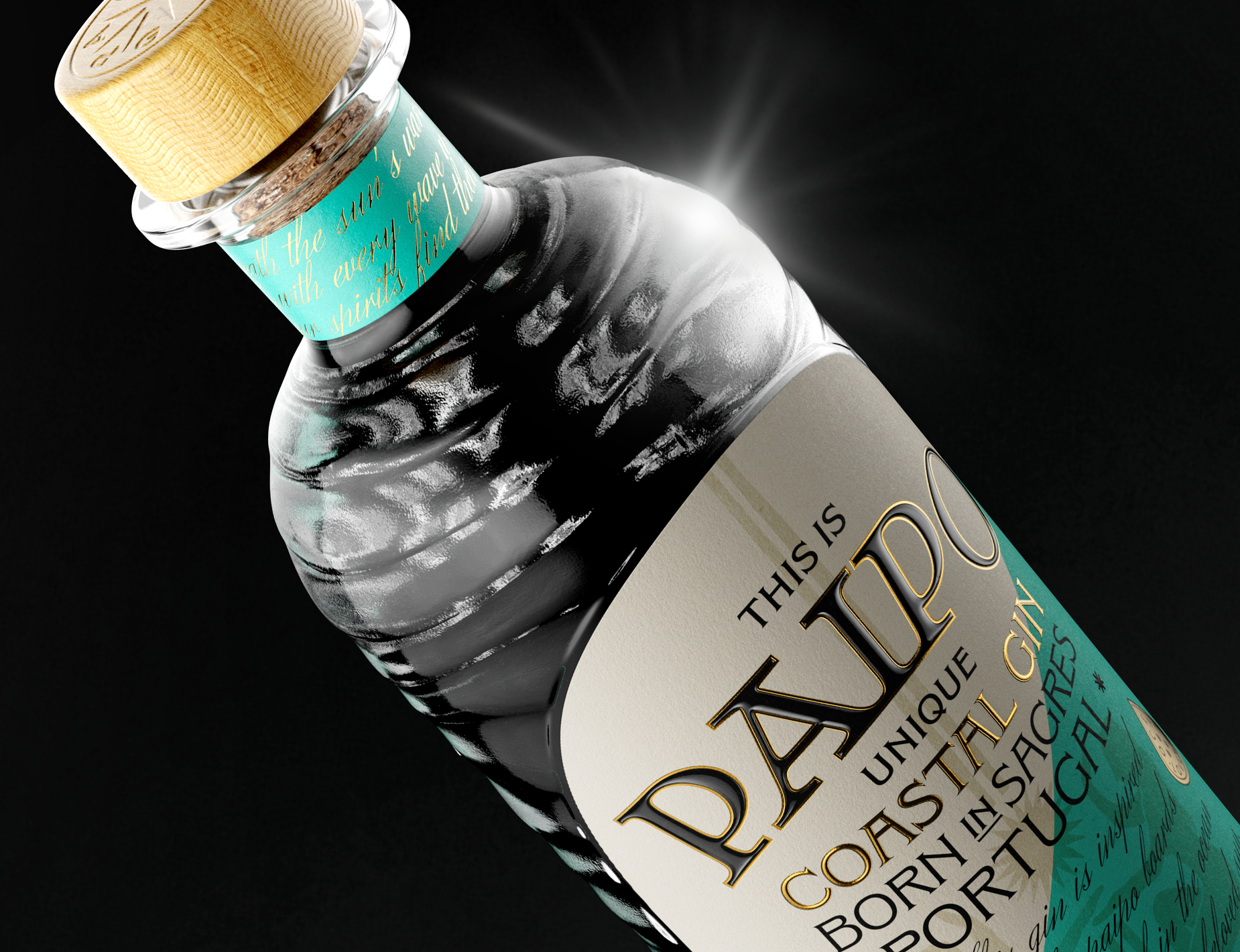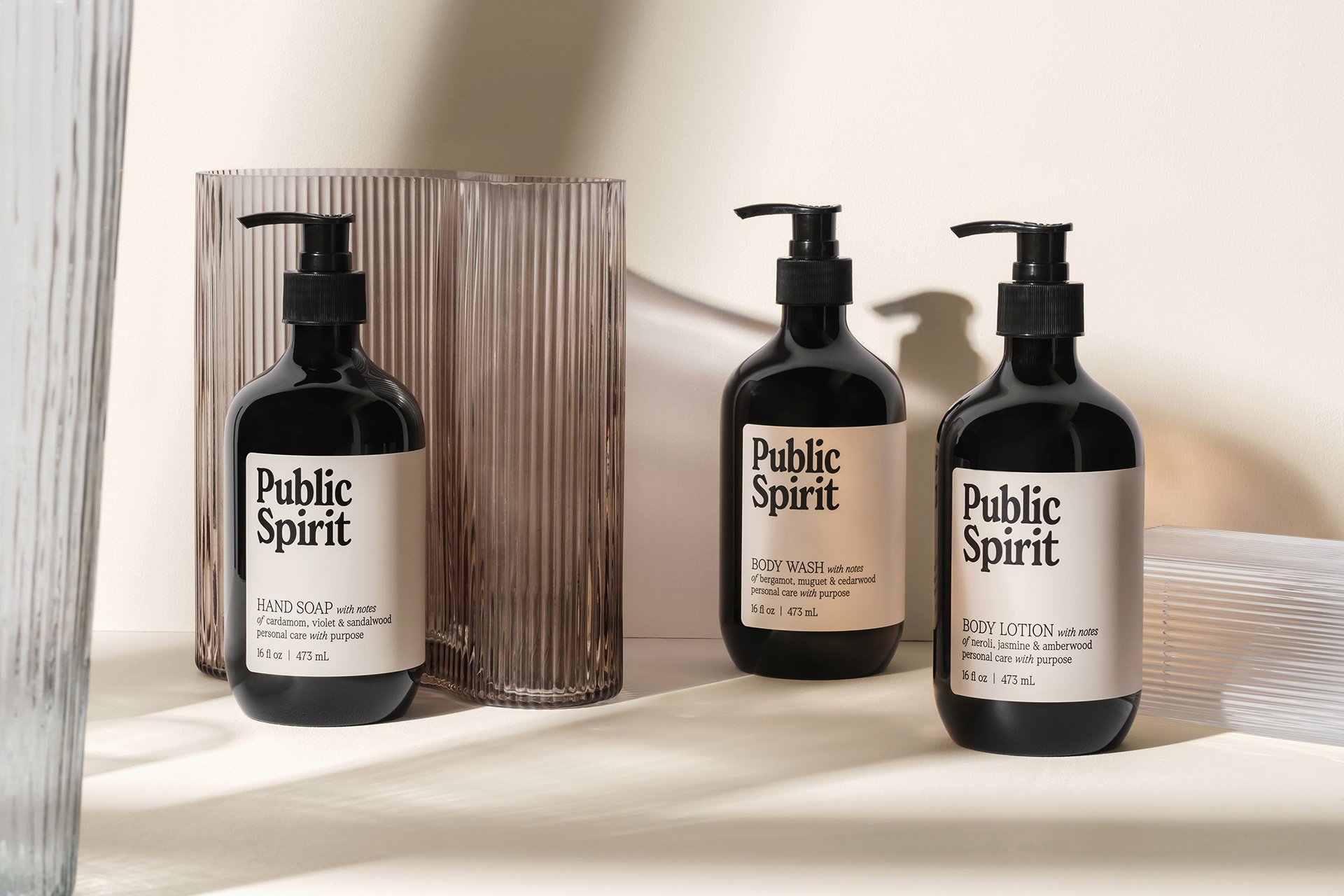At least 450 people, including six dead, have appeared to contract lipoid pneumonitis, a condition which presents itself with symptoms like shortness of breath, coughing and chest pain.
While investigators were initially baffled as to what would cause this, they found a connection to vaping, and as of this date, signs are pointing to thickening agents, particularly vitamin E acetate, a substance that if inhaled unvaporized, can cause the pulmonary reactions as the lungs try to rid itself of the lipids. This current spate of vape-related illnesses and deaths have served to highlight why cannabis benefits from regulations, the dangers of black-market marijuana products, and has taken out flavored nicotine vape products as collateral damage.
Thanks to cannabis’ federal status as a Schedule I drug, there exists no way to safely track the chain of custody for all marijuana sold in the US. Obviously, there is no lab testing requirement, no packaging regulations, and no labeling rules for cannabis and cannabis products on the black markets, both in states where a legal market exists and where cannabis remains illegal.
The industry is moving toward vaping on the whole, and for the first time in California’s history, concentrates outsold flower by 4 percent. And while consumers are purchasing plenty of cannabis in bud form, they assume there are no unsafe adulterants in what they’re buying, although dangerous pesticides and fungicides may still be present on the buds. Marijuana oil, however, is prepared by mixing concentrated THC extracts with oil, usually to optimize the viscosity.
There is, of course, nothing stopping unscrupulous drug dealers from mixing up a low-quality batch of marijuana oil and selling it to the public. In regulated cannabis markets like California, products undergo testing for a percentage of THC, including oil, so consumers know the potency of their products. In black markets, there’s nothing stopping cartridge makers from selling a product with synthetic marijuana, aka “Spice,” for example, or selling weaker cartridges.
Having a third-party testing system in place also allows for the examination of dangerous substances. Most testing is done to quantify potency and detect toxins such as pesticides, fungicides, and heavy metals. At least one lab in California has announced that they’ll start testing for vitamin E as a response to inquiries and requests.
In a legal marketplace, where products are tested and labeled, should a bad batch of product arise, consumers get notified and check their products against affected batch numbers. This will assist investigators tracking down an outbreak, and regulatory agencies can issue recalls on legitimate products, quickly removing a dangerous item from the market and keeping the public safe.
Of course, this doesn’t matter when it comes to black-market cartridges as they’ll never be certified safe due to their illicit nature.
As health professionals, investigators, and agencies, like the CDC, continue to learn about the scope and causes of vape-related lipoid pneumonitis, the Trump administration is using the health crisis to further their efforts in clamping down on teen vaping of nicotine.
The FDA described vaping as an “epidemic,” announcing they intend to move forward and ban all flavored vape products, including mint and menthol. While not yet conclusive, it appears the current outbreak in lung injuries comes from vaping black market THC cartridges unrelated to nicotine vape products. While vape devices used for both cannabis and nicotine can appear similar to one another, and some can even be used to consume both as well. The government should not be using one crisis to propel its fight against another if it causes confusion as nicotine vaporizers do not appear to be causing the respiratory illnesses.
The current outbreak of vape-related lipoid pneumonitis is a watershed moment for recreational and medicinal cannabis. How the market responds to national concerns, including adding testing for vitamin E acetate, will show the value in having safety regulations in place, as well signaling to the public that legal cannabis cares about its customers.
Consumers in states with legalized cannabis that continue to purchase black-market cartridges and accessories are needlessly risking their health. And continued federal prohibition denies a safe cannabis marketplace in states where it remains illegal, putting citizens in those states at risk.
This spat of illnesses also highlights an issue with the federal-level prohibition of cannabis. Were cannabis treated as a legal product nationally, with regulations in place that requires testing and tracking-along with medical-product level packaging protection such as tamper-evident devices and batch numbers-investigators and health agencies could have likely tracked down the offending THC oil cartridges quicker and saved more patients from harm.
Unfortunately, rather than having an Upton Sinclair-like moment, it would appear the government, misguidedly, has used the opportunity to attack nicotine and teen vaping, leaving cannabis users vulnerable to unscrupulous black market manufacturers and sellers with little recourse.







